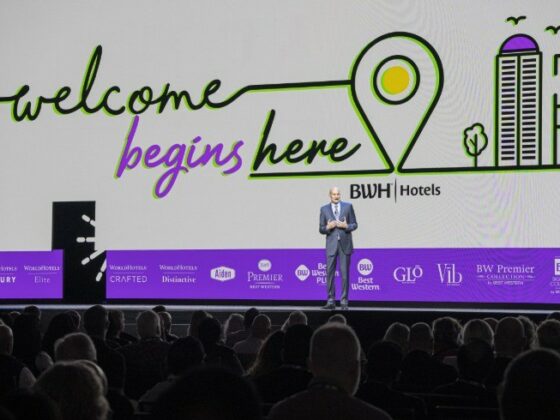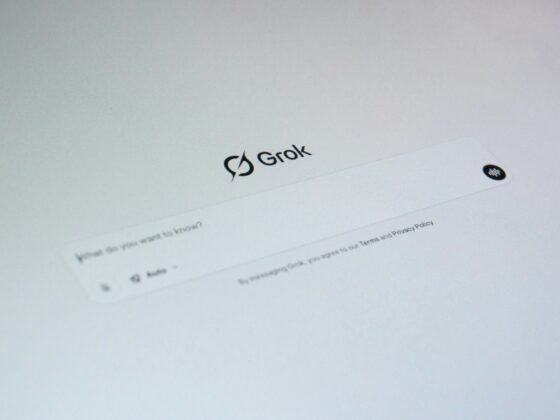I spent the week trying to answer the question:
How can I build a property management company with zero human employees?
After studying every AI tool in multifamily, I found something surprising.
Here’s what would happen if machines ran your apartment building:
A few months ago, I designed a hypothetical zero-employee development firm.
Now, I’m tackling property management.
I can’t stop thinking about how close we are to this reality.
From leasing to maintenance, there’s now an AI tool for almost every step.
So I designed a hypothetical property management company with zero employees: Asimov Management.
The goal: a full-service multifamily property manager that happens to have no full-time staff.
For this to work, we’ll use AI and automation to cover:
• Marketing and leasing
• Pricing optimization
• Virtual and self-guided tours
• Tenant screening and onboarding
• Customer service
• Maintenance coordination
• Renewals and reporting
While the tech isn’t 100% there yet, here’s what I learned:
What’s already possible:
→ AI-powered leasing assistants handle most prospective tenant questions
→ Self-guided tours work through automated access control systems
→ Maintenance requests can be routed to third-party gig workers
→ Renewal offers can be automatically generated and negotiated
Where we’re stuck:
→ Physical maintenance still requires humans (robots can’t fix toilets…yet)
→ Many residents still prefer talking to a human at a front desk
→ Preventative maintenance relies on technicians’ intuition
→ Larger buildings (250+ units) struggle with full automation
The reality:
• The most valuable application isn’t replacing property managers
• It’s giving them superpowers to handle more properties with less effort
Here’s what this means for property management:
• Class definitions may shift as service expectations change
• Tasks will be centralized rather than eliminated
• Resident preferences may actually evolve to favor AI interactions
• The best operators will blend automation with strategic human touchpoints
From my experience founding Common in 2015, I learned something critical:
The approaches that worked well at 50-unit properties often broke at 250 units.
Technology can centralize most functions.
But, some residents always prefer walking to the front desk rather than using an app.
This could change as AI improves. Meaning residents may prefer the predictability of AI over unpredictable humans.
We’re already seeing this in ride-sharing, where Waymo beats Uber and Lyft in user retention.
So how close are we to machines running property management?
Perhaps far closer than we expect.
What parts of property management do you think AI will transform first?
Full letter on how I designed Asimov Management is linked in the comments.








